Halitosis, or why the mouth smells bad...
Very often (according to statistics, this is every fourth person) we are faced with a problem bad breath. It may occur occasionally, may be chronic. But in any case, this trouble greatly complicates our communication with other people. Where does this attack come from? How to get rid of it? How can a dentist help with this? Let's try to figure it out.
I’ll make a reservation right away that the discussion below will not go about those cases when you had lunch with a delicious salad with onions or saved yourself from a cold by eating garlic heads. Unpleasant for others, the aroma of your breath in this case has a completely clear nature. We will talk about halitosis that accompanies various diseases and pathological conditions.
Where to looking for causes of bad breath? In general, oddly enough everywhere ... right in order.
♦ In the mouth
♦ In the upper respiratory tract
♦ In the gastrointestinal tract
♦ In the endocrine glands
How to deal with bad smell? If possible, you should always try to find and eliminate its cause. Disguise with chewing gums, candies and oral sprays will remain only a disguise. Therefore, we will go over the main non-dental problems, and then we will analyze in more detail how dentists can help in solving this problem.
So, what are the main respiratory diseases accompanied by an unpleasant odor? Most often (especially in our not the best northern climate) it is chronic tonsillitis. You can go to the mirror, look into your mouth, say "AAAAAA" and try to examine your tonsils (or as they are often called "tonsils" among the people). If you accidentally took courses for novice ENT doctors, you will surely be able to see their increase, the presence of films and traffic jams.
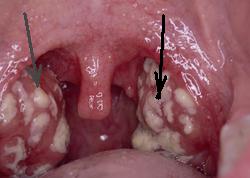
Arrows show inflamed enlarged tonsils with white plugs. They are the cause of an unpleasant odor in chronic tonsillitis.
If you have not completed such courses, then you just need to go to this very “ear-throat”, who will certainly figure out: is there anything on the tonsils or not, and if there is, what to do with it. I am not an expert in this case, so I will not give advice. In addition to tonsillitis, chronic inflammatory processes in the pharynx (pharyngitis), nose (rhinitis), and sinuses (sinusitis) can also give bad breath. They are less often accompanied by halitosis, but still ... In any case, in search of the cause of bad breath, immediately after the dentist (if he did not find anything, or had already done everything that was possible in his patrimony), an otorhinolaryngologist (ENT) should go.

If the dentist has not found the possible causes of halitosis, then the next one should be visited for an examination by an ENT doctor
Let's go further ... Next (from an anatomical point of view) we have the gastrointestinal tract and everything connected with it. Here there are a lot of different reasons for appearance of halitosis. Again, without getting carried away by gastroenterology, we will try to briefly go over the main and most frequent of them. These can be gastritis, diseases of the duodenum (which comes immediately after the stomach), diseases of the liver and gallbladder. When food stays in the gastrointestinal tract for a long time, it does not cope well with its digestion, it begins to ferment, rot, in general, processes occur with it that cause the formation of unpleasantly smelling gases. Moreover, these gases are not so much released directly from the stomach, but are absorbed into the blood, and then released by the lungs. To figure out exactly what the problem is, the gastroenterologist should correct your diet. It is worth contacting him immediately after the dentist and ENT doctor.
And finally, diseases of the endocrine glands. One of the main ones is diabetes mellitus associated with the pancreas. One of the manifestations of this unpleasant disease is the characteristic smell of acetone in the exhaled air. Hormonal changes in women during pregnancy and menopause, when taking oral contraceptives, can also contribute to the appearance of halitosis. With these problems, you should, accordingly, contact an endocrinologist.
In addition to the reasons mentioned above, one can also say about oncological diseases, tuberculosis, kidney failure and other serious pathologies that may be accompanied by a bad smell. These problems, however, are so serious that the smell from the mouth is the last thing that will worry such patients in their condition. From this, it is only necessary to understand that halitosis can accompany quite serious diseases of the internal organs, so it is always worth understanding its causes.
In addition to pathological causes (i.e., various diseases), a bad smell can also appear due to physiological reasons. For example, if you are hungry. People actively sitting on "hungry" diets often suffer not only from irritability from a constant feeling of hunger, but also from halitosis.
You should also not abuse food rich in easily digestible carbohydrates (sweets, starchy foods), because. it is an excellent nutrient for microbes and is therefore more supportive of bad breath. This is quite briefly about all non-dental options for the appearance of halitosis. And now let's go back to the beginning, i.e. to the oral cavity. And let's dwell on it in more detail, because it is the problems in the mouth that are most often the causes of chronic bad breath. For the most part, we get bad breath due to the activity of bacteria that have a permanent residence in our mouth and feed on the same things that we eat. So you just need not to arrange a feast for them, forgetting about basic hygiene products. They protect against caries and bad breath. We most often create “grocery stores” for microbes between the teeth, on the inner surface of the side teeth, in the area of \u200b\u200bthe wisdom teeth (if any) and on the back of the tongue. These are the places that are most poorly cleaned with average daily hygiene. What to do? The answer is simple - proper hygiene. In addition to the standard 2-3 minute (this, of course, even in the best case) smearing toothpaste on the teeth, it would be nice:
→ use floss 2 times a day to clean all interdental spaces, since not a single toothbrush penetrates there even with very careful use;
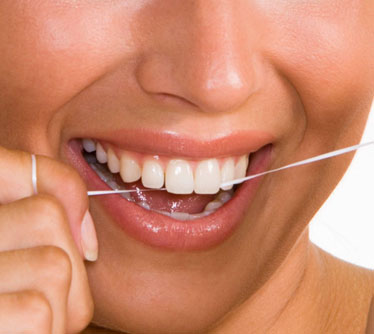
→ try not to snack between main meals, and if you really want to do it, then not with hamburgers and cookies, but with fruits and fresh vegetable salads. Particularly useful in this sense are solid foods (apples, carrots), which contribute to the self-cleaning of teeth, as well as parsley and celery. After a snack, it is advisable to rinse your mouth with water, a special rinse or use chewing gum (2-3 minutes, no more);
→ do not forget to clean the back of the tongue along with the teeth, because bacterial plaque forms on it in large quantities. This must be done carefully, but without fanaticism, so as not to damage the mucous membrane. This should be done especially carefully by the owners of the so-called. folded or "geographical" tongue with many depressions in the mucosa.
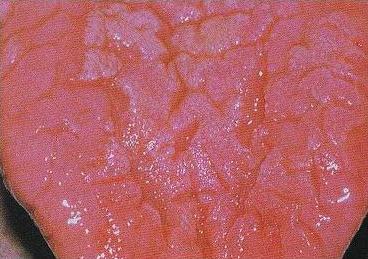
But even the owners of "standard", at first glance, smooth tongues should know that there are so many secluded places on the mucous membrane of this organ for the preservation of bacterial plaque that the main hordes of bacteria live just there, especially closer to the root of the tongue. This is what a mucosal area looks like under a magnification of 300 times ...

This uneven surface structure is home to the microbes that live in our mouths. Therefore, you need to regularly and thoroughly clean not only your teeth, but also your tongue.
The extreme manifestation of carelessness in relation to hygiene can be the formation of tartar (most often on the inner surface of the lower teeth), periodontitis (inflammation of the gums). These problems always result in persistent, chronic bad breath. In this case, treatment by a dentist is already necessary, which begins with putting things in order with professional hygiene. And then - as far as neglect.
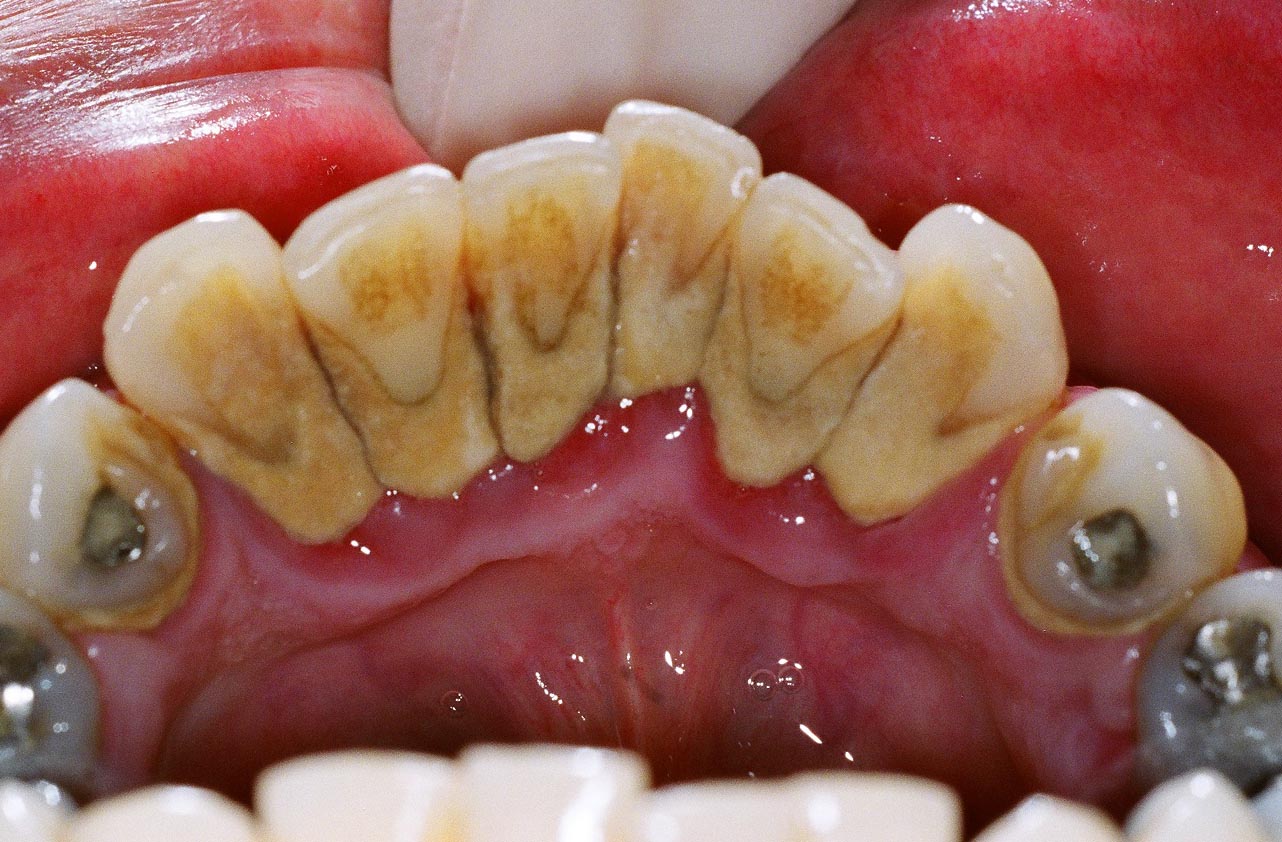
Halitosis often accompanies people in the presence of carious teeth in the mouth. Moreover, the cavities can be hidden (for example, between the teeth). Therefore, even if you yourself do not find “holes” in your mouth, in order to diagnose latent caries, you need to contact a dentist and sanitize the destroyed teeth.
Another common cause of halitosis is a malfunction of the salivary glands, in which they secrete too little saliva. In this case, there is a chronic dry mouth (xerostomia). Since saliva has antibacterial properties, its decrease leads to an increased growth in the number of microbes and the appearance of halitosis. Xerostomia, by the way, often appears in old age, which is why older people often have a problem with bad breath. Dry mouth is also common in smokers and when drinking alcohol. But even in healthy people, saliva secretion is significantly reduced during sleep. That is why even with a thorough hyena before going to bed, in the morning our breath is not too fresh. What to do in these cases? Tie up with bad habits, drink more water during the day, use means to stimulate salivation (from banal chewing gums and sweets, to special medicines).

Another common cause of halitosis is wisdom teeth. They tend to be difficult to clean and often leave quite a lot of residue on them. Hence the smell. In addition, if the 8s have not yet fully erupted, then they can create even more difficult-to-hygiene nooks and crannies in which bacteria will live and multiply perfectly. You can read more about wisdom teeth here. How to treat? As a rule, the most radical way - removal.
Dentures are another cause of halitosis. But not on their own, but, again, in collaboration with insufficient hygiene. Some types of dentures, due to their structure, are provoking factors for the accumulation of plaque. These are bridges and crowns, fastened together in a single block. Under the connecting elements, under the hinged teeth, food residues easily accumulate.
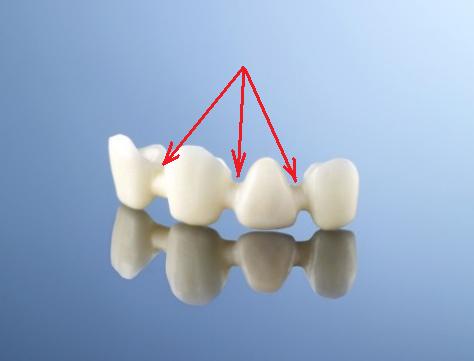
Therefore, if possible, it is worth avoiding such prosthetic options in favor of single separate crowns. If it was not possible to avoid it - the most thorough hygiene using special tools: super floss, brushes, irrigators.
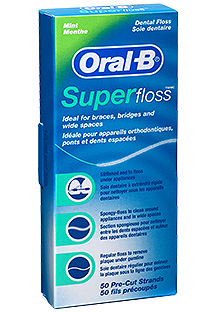
A similar problem applies to all types of removable dentures. They must be removed after each meal and rinsed both the mouth and the prosthesis. In addition, the plastic used to make removable dentures has the bad property of accumulating odors over time and serving as a haven for bacteria. This is due to its microporous structure and the appearance of scratches on the surface of the prosthesis over time. If fate did not allow you to avoid the appearance of removable dentures in your life, then learn to take care of them no less carefully than your teeth. Do not use harsh abrasive products for cleaning (soda, tooth powder, pemolux, etc. should not touch the surface of the plastic). Now, for effective cleaning of prostheses, there are special ultrasonic baths in which the process takes place most efficiently and safely for the prosthesis itself.
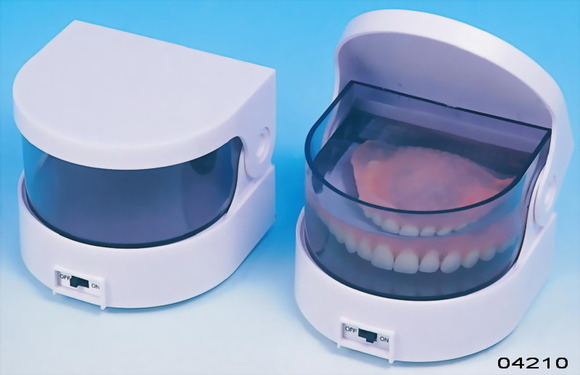
In addition, special tablets for the care of removable dentures can be easily purchased at pharmacies. These simple and inexpensive products will keep the original appearance of plastic for a long time, preventing bacterial plaque from accumulating on it, and protecting it from the appearance of an unpleasant odor. If, nevertheless, after some time, the plastic on the prosthesis became scratched, the glossy shine of the surface disappeared, then it would be nice to take the prosthesis to the doctor for professional polishing. Proper care of removable dentures will significantly reduce the likelihood of bad breath. This is the main thing that is important to know if you are faced with such a scourge as bad breath. This problem is not only medical, but a pronounced social one. Those. Simply put, you can easily ruin an important meeting with a business partner, or a first date with the opposite sex...

In many cases, chronic halitosis requires the intervention of a doctor and does not correct itself. Moreover, it is important to remember that bad breath can signal the onset of quite serious diseases that are important to recognize and start treating as early as possible. I hope that this article will help you understand that masking the smell with ice-cold sweets will not solve your problems, and for those who are already looking for a solution, it will help you figure out how, where, and which doctors to look for and eliminate the cause.



